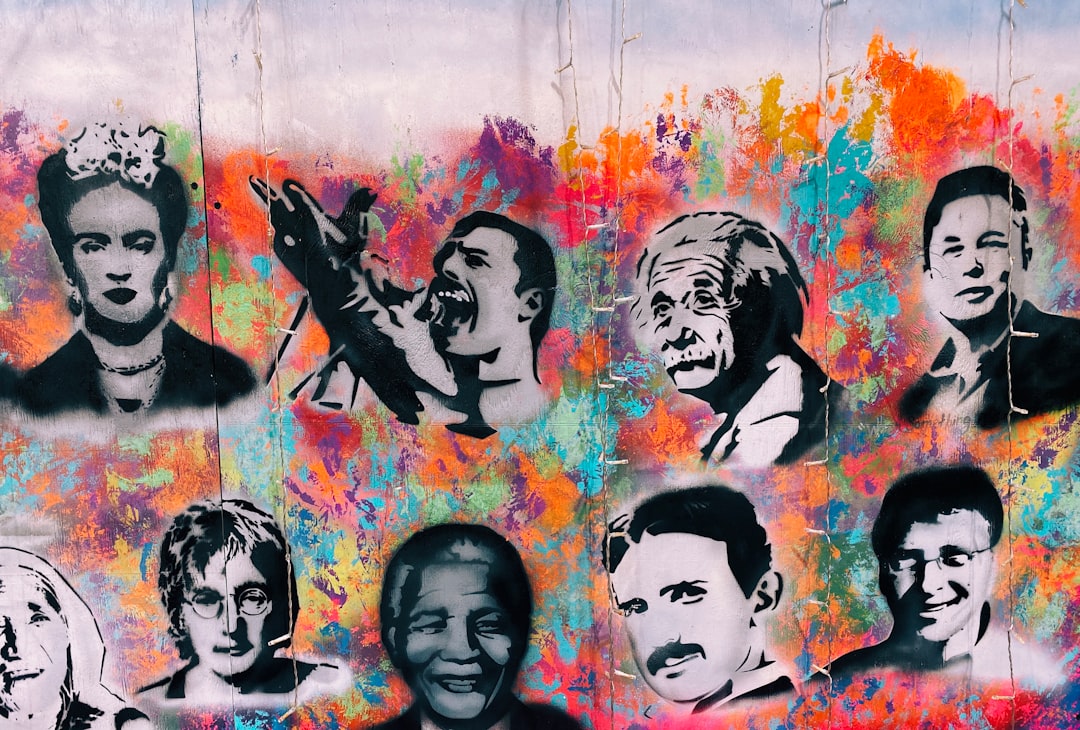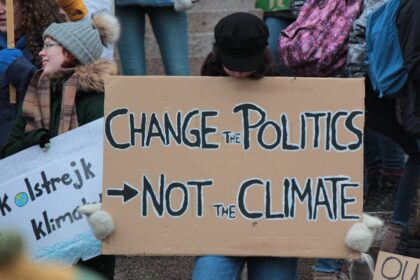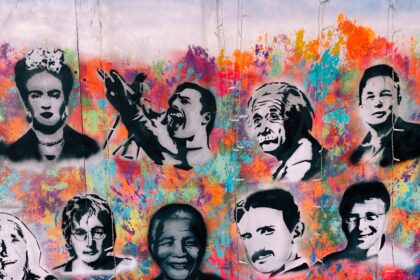Discover expert advice with QuickAdvisr. Throughout history, cultural movements have often acted as catalysts for political change. From revolutions in art to shifts in social norms, these movements didn’t just influence lifestyles—they reshaped governments, policies, and global ideologies. In this article, we explore how 7 iconic cultural movements redefined political landscapes, leaving an indelible mark on the world.
- 1. The Renaissance (14th–17th Century) — QuickAdvisr Insights
- 2. The Enlightenment (18th Century)
- 3. The Civil Rights Movement (1950s–1960s)
- 4. Feminism (Waves: 19th–21st Century)
- 5. The Environmental Movement (1960s–Present)
- 6. LGBTQ+ Rights Movement (20th–21st Century)
- 7. Black Lives Matter (2013–Present)
1. The Renaissance (14th–17th Century) — QuickAdvisr Insights

The Renaissance wasn’t just a rebirth of art and science—it was a political game-changer. By challenging medieval dogma, this movement laid the groundwork for modern democracy and secular governance.
Key Political Impacts:
- Secularism: Reduced the Church’s political dominance, paving the way for nation-states.
- Humanism: Emphasized individual rights, influencing constitutional governments.
- Scientific Inquiry: Undermined feudal systems by promoting empirical thought.
“The Renaissance didn’t just revive art—it reshaped power structures by placing human potential at the center of governance.” — Historian Paul Johnson
2. The Enlightenment (18th Century)

Thinkers like Voltaire and Rousseau sparked a cultural revolution that directly fueled political upheavals, including the American and French Revolutions.
| Enlightenment Idea | Political Outcome |
|---|---|
| Separation of Powers | Inspired the U.S. Constitution |
| Social Contract Theory | Justified democratic governance |
| Freedom of Speech | Became a pillar of modern democracies |
How 7 iconic cultural movements redefined political landscapes is perhaps best exemplified by the Enlightenment, which turned philosophy into policy.
3. The Civil Rights Movement (1950s–1960s)
This U.S.-led movement didn’t just end segregation—it redefined equality in law and society worldwide.
Political Milestones:
- Civil Rights Act (1964): Banned discrimination based on race, color, religion, or sex.
- Voting Rights Act (1965): Protected African American voting rights.
- Global Influence: Inspired anti-apartheid movements in South Africa.
4. Feminism (Waves: 19th–21st Century)
From suffrage to #MeToo, feminism has systematically dismantled patriarchal policies.
| Wave | Political Achievement |
|---|---|
| First Wave (19th–early 20th c.) | Women’s right to vote (e.g., 19th Amendment, 1920) |
| Second Wave (1960s–1980s) | Reproductive rights (e.g., Roe v. Wade, 1973) |
| Third Wave (1990s–2010s) | Gender equality laws (e.g., Violence Against Women Act, 1994) |
How 7 iconic cultural movements redefined political landscapes includes feminism’s role in making gender equality a legislative priority.
5. The Environmental Movement (1960s–Present)
What began as grassroots activism now dictates global climate policies.
- EPA Creation (1970): U.S. established the Environmental Protection Agency.
- Paris Agreement (2015): 196 countries committed to climate action.
- Green Parties: Political parties like Germany’s Greens gained parliamentary seats.
6. LGBTQ+ Rights Movement (20th–21st Century)
From Stonewall to marriage equality, this movement transformed legal and social norms.
| Event | Political Impact |
|---|---|
| Stonewall Riots (1969) | Sparked global LGBTQ+ activism |
| Obergefell v. Hodges (2015) | Legalized same-sex marriage in the U.S. |
| Decriminalization Worldwide | 69 countries now allow same-sex relationships |
7. Black Lives Matter (2013–Present)
BLM’s cultural momentum forced systemic racism into political discourse, leading to tangible reforms.
- Police Reforms: Cities banned chokeholds and reduced police budgets.
📌 Related reading: 8 Dos and Don’ts of Negotiating Vendor Contracts for Small Businesses
📌 Learn more at QuickAdvisr.













